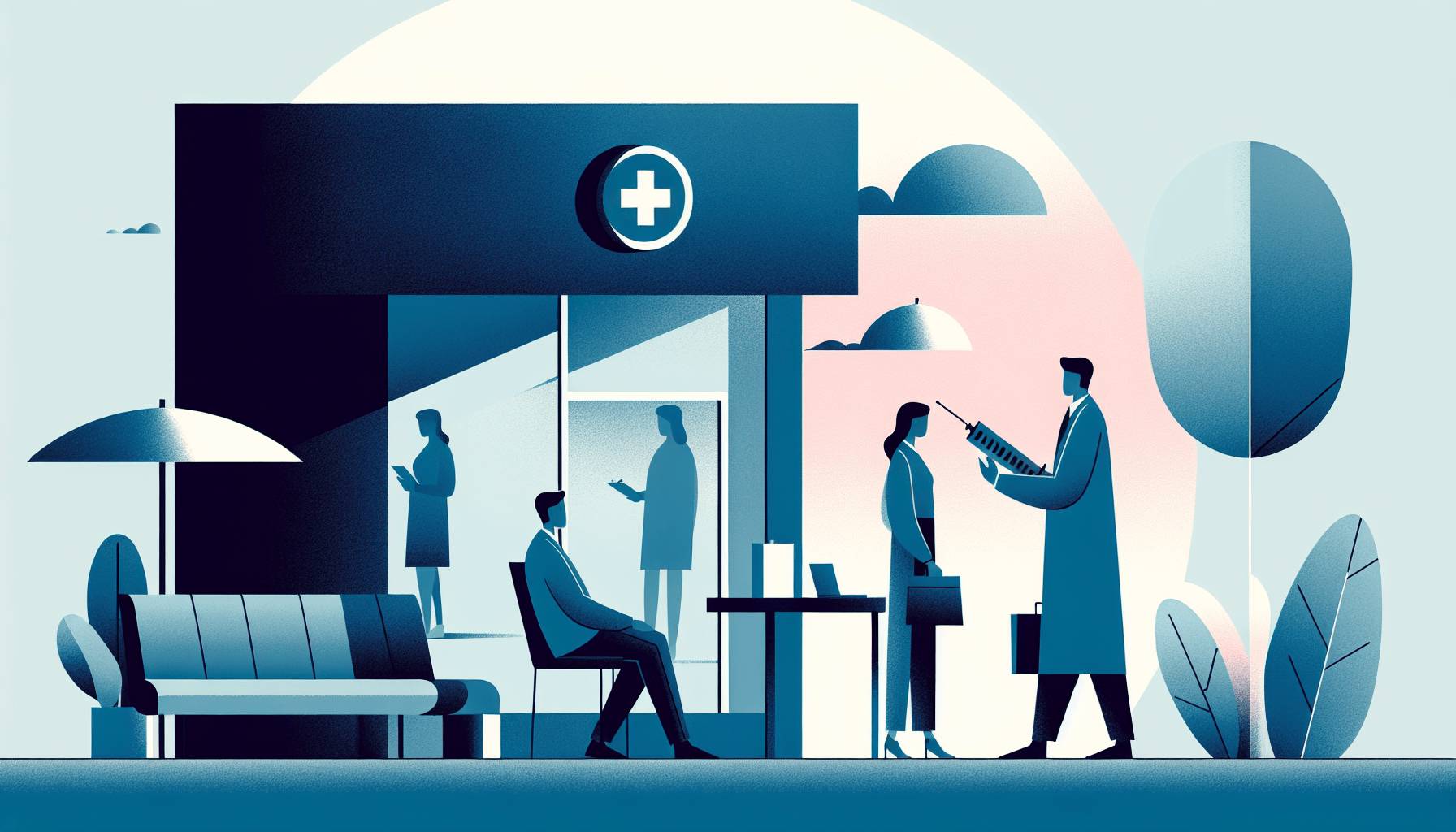Retail health clinics have become increasingly popular in recent years, offering convenient and affordable care for minor health issues. These clinics are typically located in drugstores, supermarkets, and "big box" stores, and are staffed by nurse practitioners or physician assistants. While retail health clinics can be a great option for certain situations, it's important to understand their limitations and how to use them safely.
What Services Do Retail Health Clinics Offer?
Retail health clinics offer a wide range of services, including:
Treatment for minor illnesses like colds, pinkeye, and urinary tract infections
Physicals and health screenings
Lab work
Smoking cessation help
Vaccinations
These clinics are typically open from 7 a.m. to 7 p.m., seven days a week, and do not require appointments.
The Pros of Retail Health Clinics
Retail health clinics offer several advantages, including:
Convenience: With extended hours and no appointments necessary, retail health clinics are easy to access.
Affordability: Prices for services are clearly listed and are often 30% to 40% cheaper than a doctor's office visit and 80% cheaper than an emergency room visit.
Quality care: Studies have shown that the quality of care at retail clinics is equal to or superior to some doctor's offices, as the clinics are more likely to follow national guidelines of care.
The Cons of Retail Health Clinics
Despite the perks, retail health clinics may not be the best choice for everyone, especially older adults or those with chronic health conditions. Some potential drawbacks include:
Complexity of care: Older adults may require more complicated care, even for seemingly simple problems.
Lack of continuity: If details of the clinic visit are not sent to the primary care physician, it can lead to scattered care and potential mix-ups.
Medication interactions: If patients don't bring a complete medication list to the clinic, prescribed treatments may interact with their current medications.
How to Use Retail Health Clinics Safely
If you choose to visit a retail health clinic, follow these tips to ensure safe and effective care:
Bring a complete list of your health conditions, allergies, and medications.
Ask the clinic to send details of the visit to your primary care physician.
Consider a follow-up appointment with your doctor to ensure everyone is on the same page regarding your health.
Remember, while retail health clinics can be a convenient option for minor health issues, they should not replace a long-term relationship with a primary care physician. For more information on choosing the right care for your needs, consult resources from the American Academy of Family Physicians, American College of Physicians, and National Institute on Aging.
The Bottom Line
These clinics excel at handling straightforward medical needs quickly and affordably, but work best when used to supplement rather than replace your relationship with a primary care provider. Always choose traditional medical care for complex symptoms, chronic disease management, or when you're unsure about the severity of your condition. If you're experiencing minor symptoms and wondering whether a retail clinic is appropriate for your situation, Doctronic can help you determine the right level of care.


